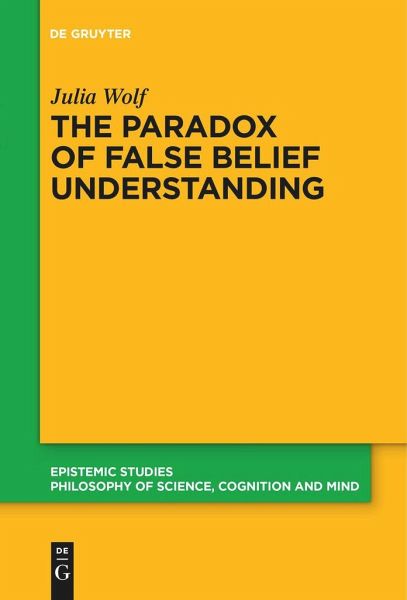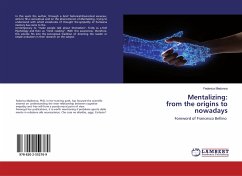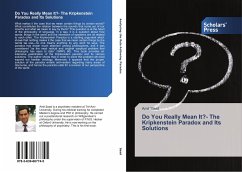
The Paradox of False Belief Understanding
The Role of Cognitive and Situational Factors for the Development of Social Cognition

PAYBACK Punkte
6 °P sammeln!
Our ability to understand others is one of the most central parts of human life, but explaining how this ability develops remains a controversial issue, exercising psychologists and philosophers alike. Within this literature the Paradox of False Belief Understanding remains one of the main open challenges. Based on an up to date overview of the empirical and theoretical literature, this book highlights the significance of this paradox for our understanding of the development of social cognition and provides a new explanation of it in the form of the Situational Mental File Account. Central fea...
Our ability to understand others is one of the most central parts of human life, but explaining how this ability develops remains a controversial issue, exercising psychologists and philosophers alike. Within this literature the Paradox of False Belief Understanding remains one of the main open challenges. Based on an up to date overview of the empirical and theoretical literature, this book highlights the significance of this paradox for our understanding of the development of social cognition and provides a new explanation of it in the form of the Situational Mental File Account. Central features of the account are, firstly, identitfying three distinct stages in the development of belief understanding and, secondly, elaborating the role of both cognitive and situational factors as well as their interaction in the development of belief understanding. This account is also applied to the related phenomenon of pretend play, demonstrating the potential for a wider application ofthe account. This account generates both new empirical predications and a framework for further theoretical work, thereby providing a fruitful ground for further interdisciplinary research in this area.














